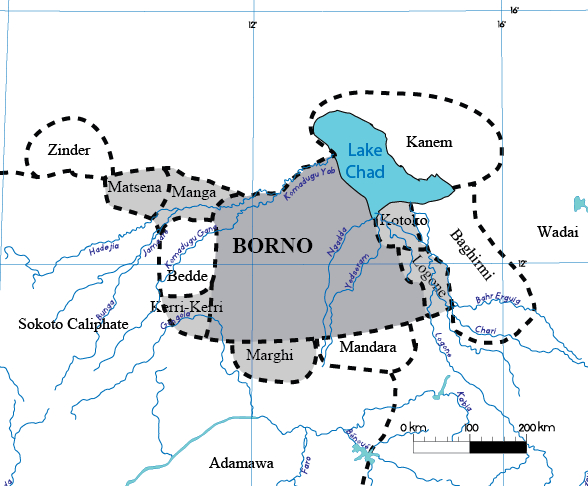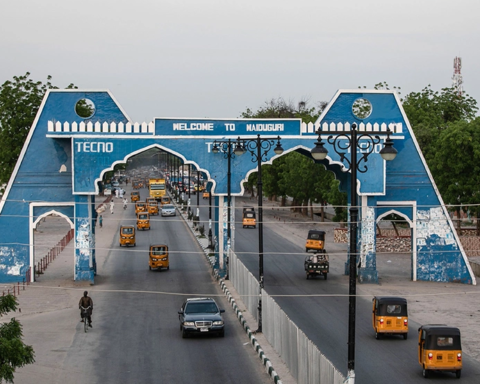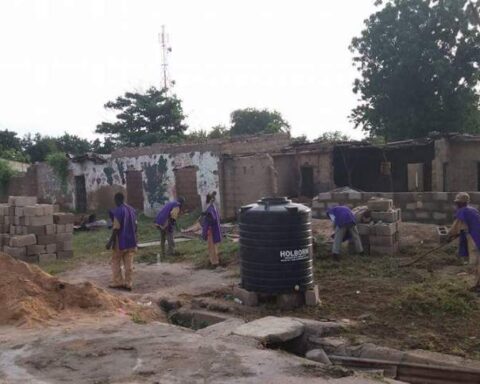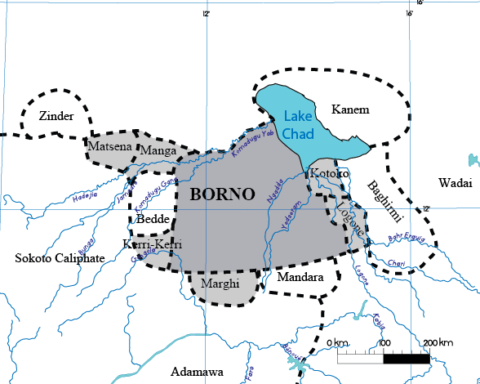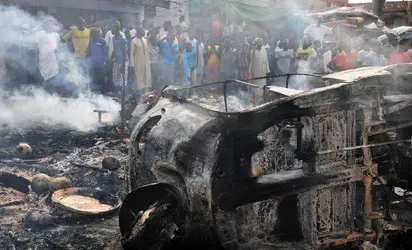I SPENT most of last week in Maiduguri, Borno state, participating in a retreat for political office holders. I have not returned to Maiduguri for a few years, and had that initial eerie feeling on arrival. It is obvious that the Boko Haram insurgency and the counter-insurgency effort are having a negative effect on socio-economic life. The hours of business have become severely strained and because there is a curfew from seven in the evening, by six, everybody begins to rush in the directions of home. Soldiers are tense and edgy; and not knowing who might be Boko Haram, they behave aggressively.
I heard tales of killings by soldiers, especially of young people rounded up, after attacks by Boko Haram. Many people confessed that they feared the soldiers much more than they do Boko Haram. And as we made for the airport on Friday morning, a military vehicle driving behind us, overtook and pull us aside; a soldier came out and angrily asked why our driver did not pull out of the way for their vehicle.
Our man apologis ed and the soldier and his comrades went back into the road, with every vehicle scampering for the soldiers; it was almost like an army of occupation really, and their indiscretion has turned them to something close to recruit sergeants for the insurgency.
But I also saw soldiers manning checkpoints with decorum and utmost professionalism and I thought that it must be difficult not to be able to gauge who the friend was from foe.
My visit was an opportunity to see from close range the effort being made by the Borno government to deliver governance in the very difficult setting of an insurgency.
The governor attended every session of the retreat; he made contributions to lively debates and members of the political elite were just as responsive to the issues generated during the week-long retreat. But one got the impression that the situation gets to them as individuals. Yet, they maintain a very admirable stoicism in the face of it all. I left Borno more convinced, that the platform that the governor enunciated from onset remains the best way out: peace; reconciliation and development.
I saw the ambitious efforts being planned to harness underground water resources for agricultural development; heard of designs for poverty alleviation projects and empowerment programmes for women and the youth of Borno; there are efforts to accelerate the use of IT in the process of governance; they critically assessed low educational standards and how to move things forward, etc.
But not much can be achieved if Borno and Northern Nigeria don’t achieve peace and reconciliation as platforms to implement the ambitious plans discussed last week. It remains curious that President Goodluck Jonathan has not visited Borno and Yobe since the beginning of the insurgency; it is as if these people do not matter. We know that elements within the Jonathan entourage feel it is good, that killings are taking place in the North.
Reno Omokri, a presidential assistant, once described Northerners as ‘parasites’. But the President should visit Borno as an act of solidarity with its people and in furtherance of cooperation with the state government to end the insurgency.
President Jonathan once stated that dormant irrigation projects in the North would be revamped as part of job creation schemes to eradicate the radicalisation of the youth. Borno should be the heart of such a plan. I am sure he will find a willing partner in the government and the people.

